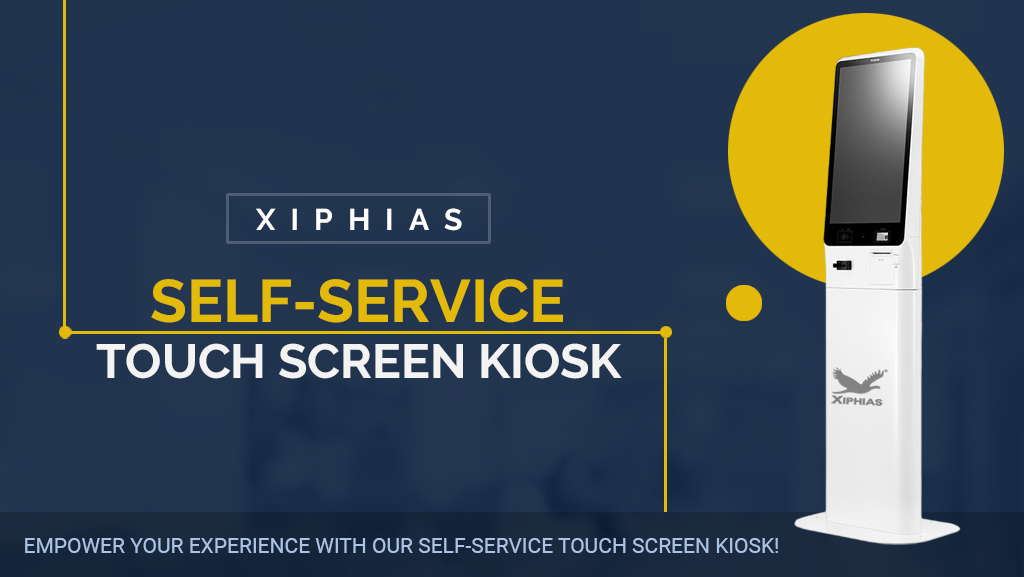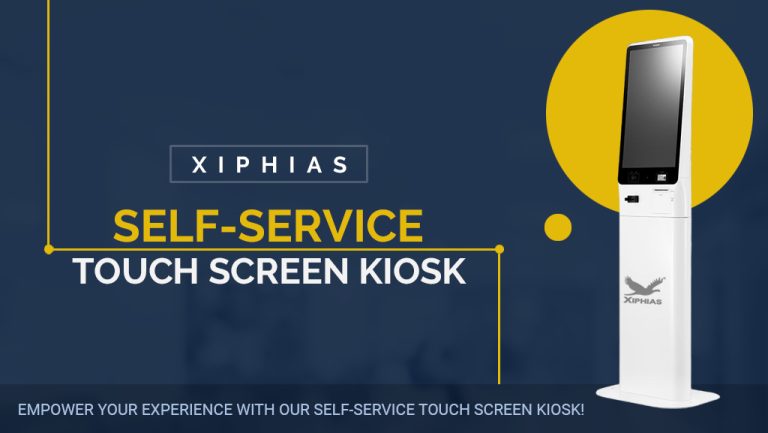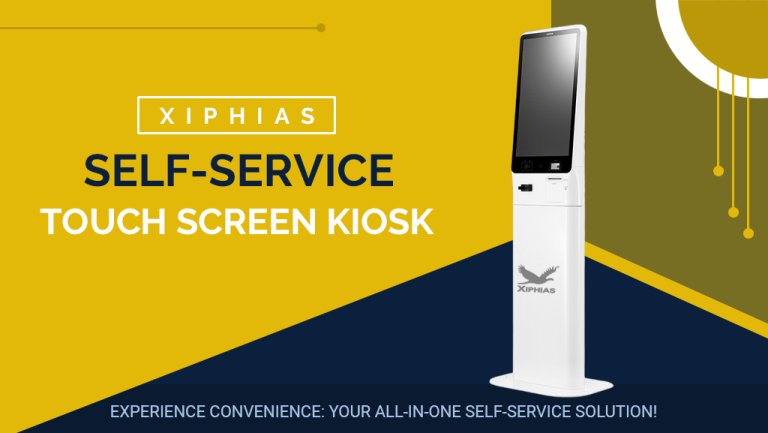Streamlining Your Travel Experience: The Benefits of Passenger Self-Service Kiosks
In the fast-paced world of travel, efficiency and convenience are paramount. Passenger self-service kiosks have revolutionized the way travelers navigate through airports, train stations, and other transit hubs. These kiosks offer a multitude of benefits, making travel smoother and more enjoyable. In this blog, we will explore how passenger self-service kiosks streamline your travel experience and why they are essential for modern transportation.
Reducing Check-in Times
One of the most significant benefits of passenger self-service kiosks is the reduction of check-in times. Travelers can bypass long queues by using these kiosks to check-in for their flights or trains. The kiosks provide a quick and efficient way to obtain boarding passes, select seats, and check baggage. This automation significantly reduces the time spent waiting in line, allowing travelers to move through the process more swiftly and with less stress.
Enhancing Customer Experience
Self-service kiosks enhance the overall customer experience by providing a user-friendly interface. The touch screens are intuitive and easy to navigate, allowing travelers to complete their tasks with minimal effort. The clear and concise instructions ensure that even less tech-savvy passengers can use the kiosks effectively. By offering a seamless and hassle-free experience, these kiosks improve customer satisfaction and create a positive impression of the travel service provider.
Reducing Operational Costs
For travel service providers, passenger self-service kiosks offer a cost-effective solution to managing check-ins and other services. By automating these processes, companies can reduce the need for staff at check-in counters. This not only lowers labor costs but also allows employees to focus on more complex tasks that require human intervention. The kiosks can handle a high volume of transactions efficiently, contributing to overall cost savings for the business.
Providing 24/7 Availability
Passenger self-service kiosks are available 24/7, offering travelers the convenience of checking in at any time. This round-the-clock availability is especially beneficial for those with early morning or late-night departures. Travelers can check in, print boarding passes, and handle other tasks without waiting for staffed counters to open. This flexibility ensures that passengers have access to essential services whenever they need them.
Reducing Human Error
Human error is inevitable in manual processes, but self-service kiosks minimize this risk. The automated systems are designed to handle transactions accurately and consistently. This reduces the likelihood of mistakes such as incorrect seat assignments, baggage tags, or boarding passes. By minimizing errors, kiosks enhance the reliability and efficiency of the check-in process, ensuring a smoother travel experience for passengers.
Supporting Multiple Languages
Travelers from around the world can benefit from self-service kiosks that support multiple languages. These kiosks offer language options to accommodate non-native speakers, making it easier for international travelers to navigate the check-in process. By providing instructions and information in various languages, kiosks ensure that all passengers can use the services confidently and effectively, regardless of their language proficiency.
Enhancing Security
Security is a top priority in the travel industry, and self-service kiosks contribute to enhanced security measures. The kiosks can be integrated with biometric systems, such as facial recognition or fingerprint scanning, to verify passenger identities. This adds an extra layer of security, ensuring that only authorized individuals can access certain services. Additionally, the automated nature of kiosks reduces the risk of fraud and unauthorized access.
Facilitating Ancillary Services
Passenger self-service kiosks can also facilitate the purchase of ancillary services, such as additional baggage, seat upgrades, and in-flight meals. Travelers can conveniently browse and purchase these services during the check-in process. This not only enhances the travel experience by offering personalized options but also provides an additional revenue stream for travel service providers. The kiosks make it easy for passengers to customize their journey according to their preferences.
Improving Data Collection
Self-service kiosks provide valuable data on passenger behavior and preferences. Travel service providers can analyze this data to gain insights into peak travel times, popular services, and customer demographics. This information is crucial for making informed decisions about staffing, service offerings, and marketing strategies. By leveraging data collected from kiosks, companies can optimize their operations and tailor their services to meet customer needs more effectively.
Increasing Throughput
In busy travel hubs, managing passenger flow efficiently is essential to prevent congestion and delays. Self-service kiosks help increase throughput by streamlining the check-in process and reducing bottlenecks. The kiosks can handle multiple transactions simultaneously, allowing more passengers to check in within a shorter time frame. This increased efficiency ensures that travelers can move through the terminal smoothly and reach their departure gates without unnecessary delays.
Promoting Contactless Interactions
In the wake of the COVID-19 pandemic, contactless interactions have become a priority for many travelers. Passenger self-service kiosks promote contactless interactions by reducing the need for physical contact with staff and shared surfaces. Travelers can complete the check-in process and obtain boarding passes without touching communal equipment. This not only enhances hygiene but also aligns with the growing demand for contactless services in the travel industry.
Enhancing Brand Image
Implementing self-service kiosks demonstrates a commitment to innovation and customer convenience, enhancing the travel service provider’s brand image. Travelers appreciate the convenience and efficiency offered by these kiosks, leading to positive reviews and increased customer loyalty. A modern and tech-savvy approach to customer service reflects well on the company, positioning it as a forward-thinking and customer-centric organization.
Conclusion
Passenger self-service kiosks have become an integral part of the modern travel experience, offering numerous benefits for both travelers and service providers. By reducing check-in times, enhancing customer experience, and lowering operational costs, these kiosks streamline travel processes and improve efficiency. Their availability, accuracy, and support for multiple languages ensure that all passengers can benefit from their use. Moreover, self-service kiosks contribute to enhanced security, data collection, and contactless interactions, meeting the evolving needs of the travel industry. Investing in passenger self-service kiosks is a strategic move that enhances operational efficiency, customer satisfaction, and overall brand image, making them indispensable for the future of travel.





